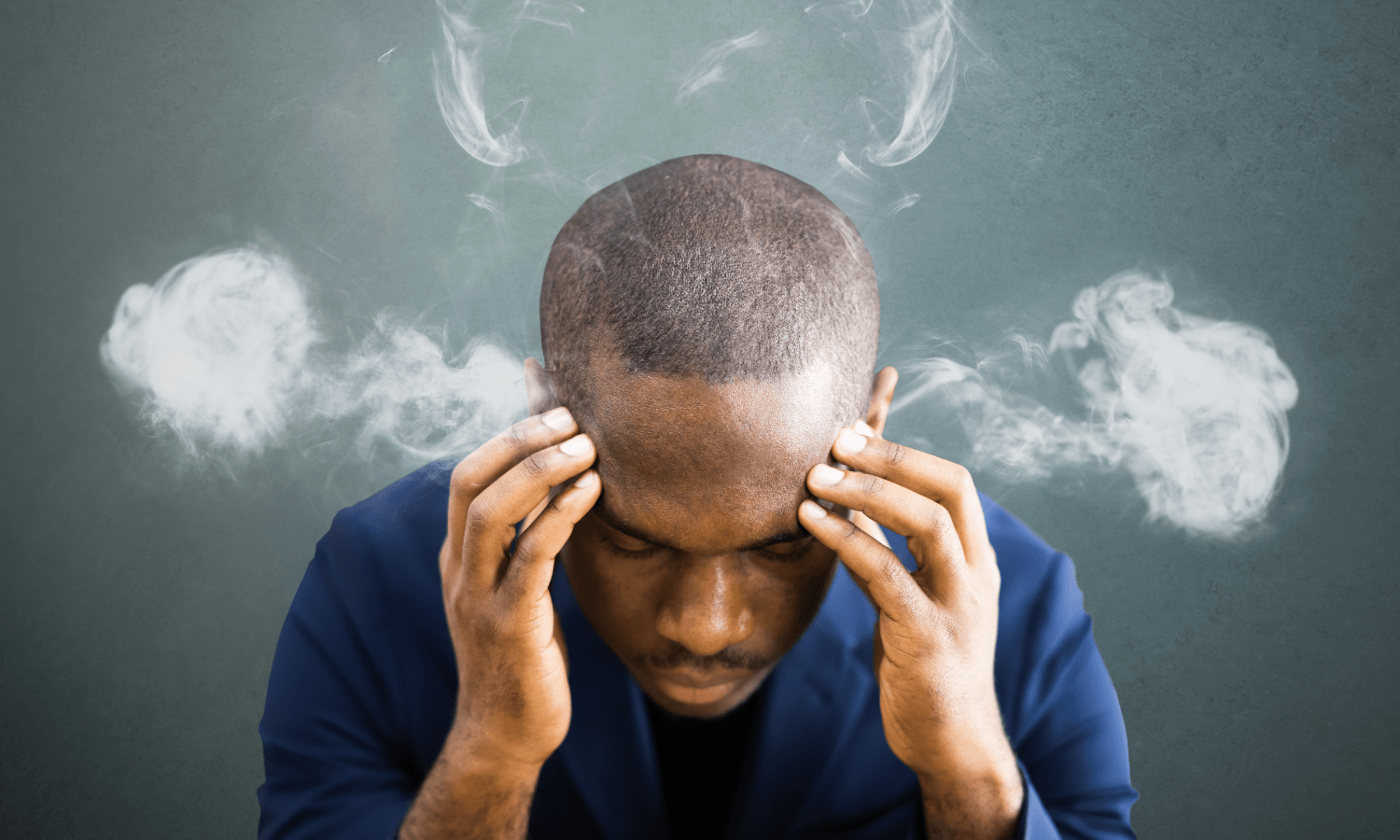How Does Stress Affect Varicose Veins?
Ever glanced down at your legs and noticed those twisted, bulging veins? Yep, those are varicose veins. While they might seem like a mere cosmetic issue, there's more to the story. Sure, genetics, age, and even pregnancy can be culprits, but have you ever wondered if your stress levels play a part? Let's unravel this mystery together.
Understanding Stress
First off, what's stress? Think of it as your body's alarm system. When life throws a curveball, your body reacts, preparing you to either face the challenge head-on or make a quick exit. It's like your body's own version of a fire drill. But what happens when the alarm doesn't turn off? Chronic stress can be like a fire drill that never ends, and this can take a toll on your body, especially your circulatory system.
The Direct Connection: Stress and Varicose Veins
Now, let's get one thing straight: Stress doesn't directly cause varicose veins. However, it promotes habits that can worsen vein symptoms. Imagine a garden hose with water constantly running at high pressure. Over time, parts of the hose might bulge out, right? Similarly, when you're constantly stressed, your blood pressure can remain high. This puts a lot of pressure on your veins, especially those in your legs. Remember, the blood in your legs is fighting gravity to make its way back to your heart. Over time, this constant pressure can cause those veins to bulge out, just like that garden hose.
Indirect Effects of Stress on Varicose Veins
But wait, there's more! Stress has a sneaky way of affecting us:
Weight Gain: Ever found comfort in a tub of ice cream after a stressful day? You're not alone. Stress can lead to overeating, and those extra pounds can put added pressure on your veins.
Sedentary Lifestyle: When stressed, who hasn't wanted to curl up on the couch and binge-watch their favorite show? But sitting or standing for too long can be a party invitation for varicose veins.
Hormonal Changes: Stress can play puppeteer with our hormones, and these hormonal dances can affect our blood vessels.
Prevention and Management
So, what can we do about it?
Stay Active: Think of exercise as your body's natural defense against varicose veins. It's like giving your circulatory system a pep talk. And if you're wondering which exercises are best, check out this blog post for some great tips.
Practice Relaxation Techniques: Ever tried meditation or deep breathing? They're like mini-vacations for your mind and can help dial down the stress.
Seek Treatment: If those veins are becoming a concern, don't hesitate to chat with a specialist. There's a whole world of treatments out there, from simple lifestyle tweaks to medical procedures.
Ready to Take the Next Step?
Understanding the intricate tapestry of health and stress's role allows us to manage our well-being proactively. Remember, your vascular health is a vital part of your overall well-being, and managing stress is key to maintaining healthy veins. So, the next time life's pressures build up, consider taking steps like a brisk walk or meditation to support your vein health. And for more personalized guidance or concerns about varicose veins, schedule an appointment with our specialists at Indiana Vascular. Let our expertise help you maintain your health and keep stress at bay for the sake of your veins!

